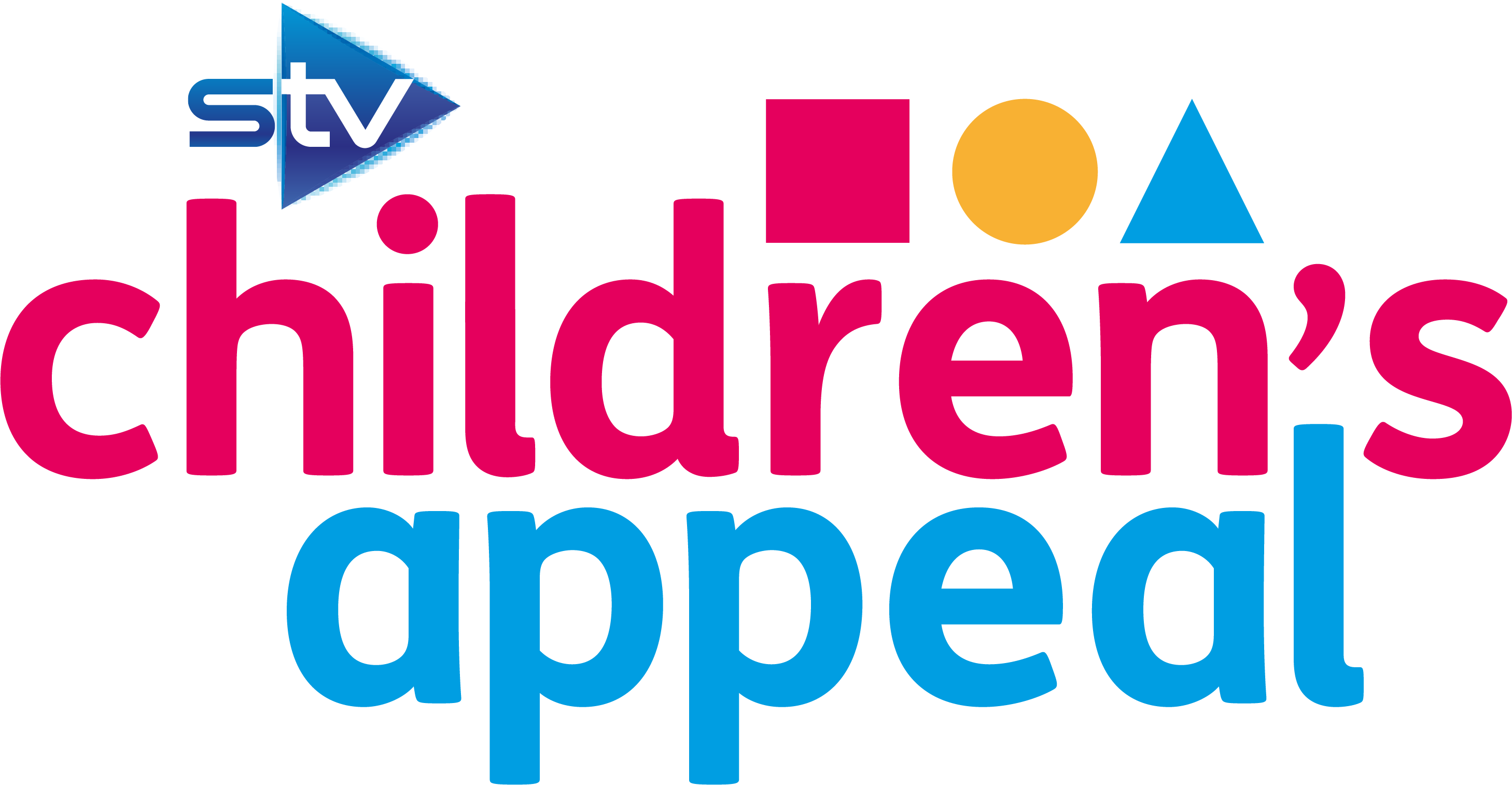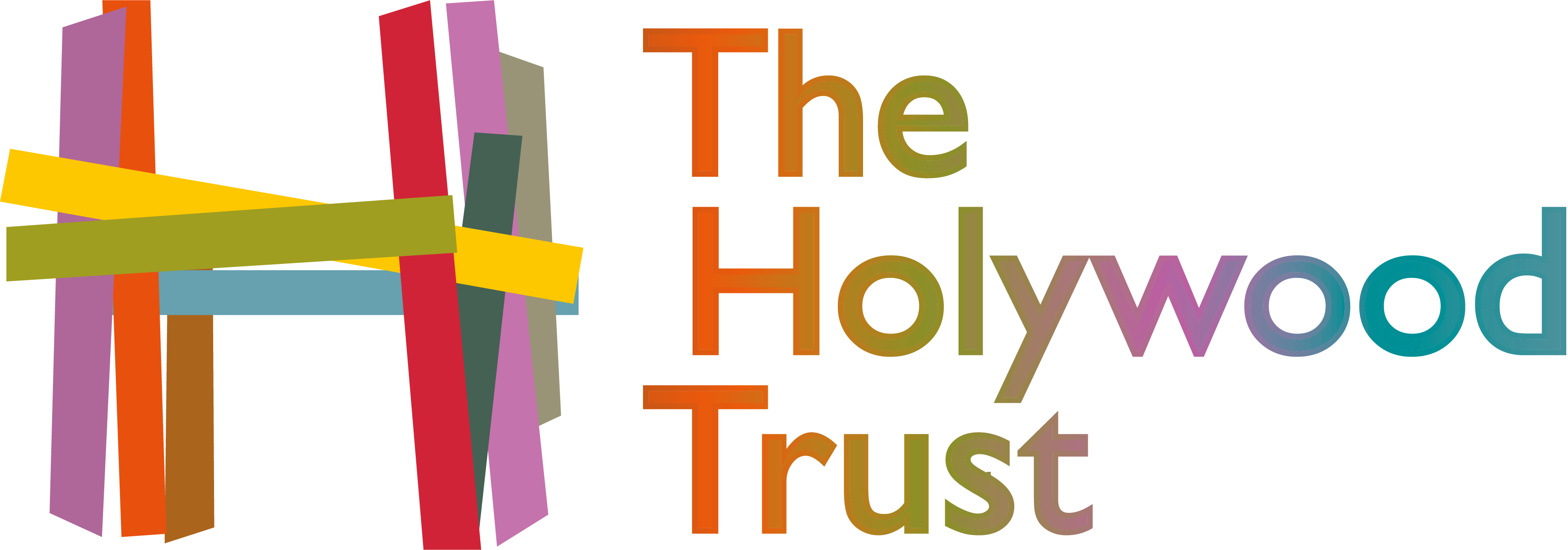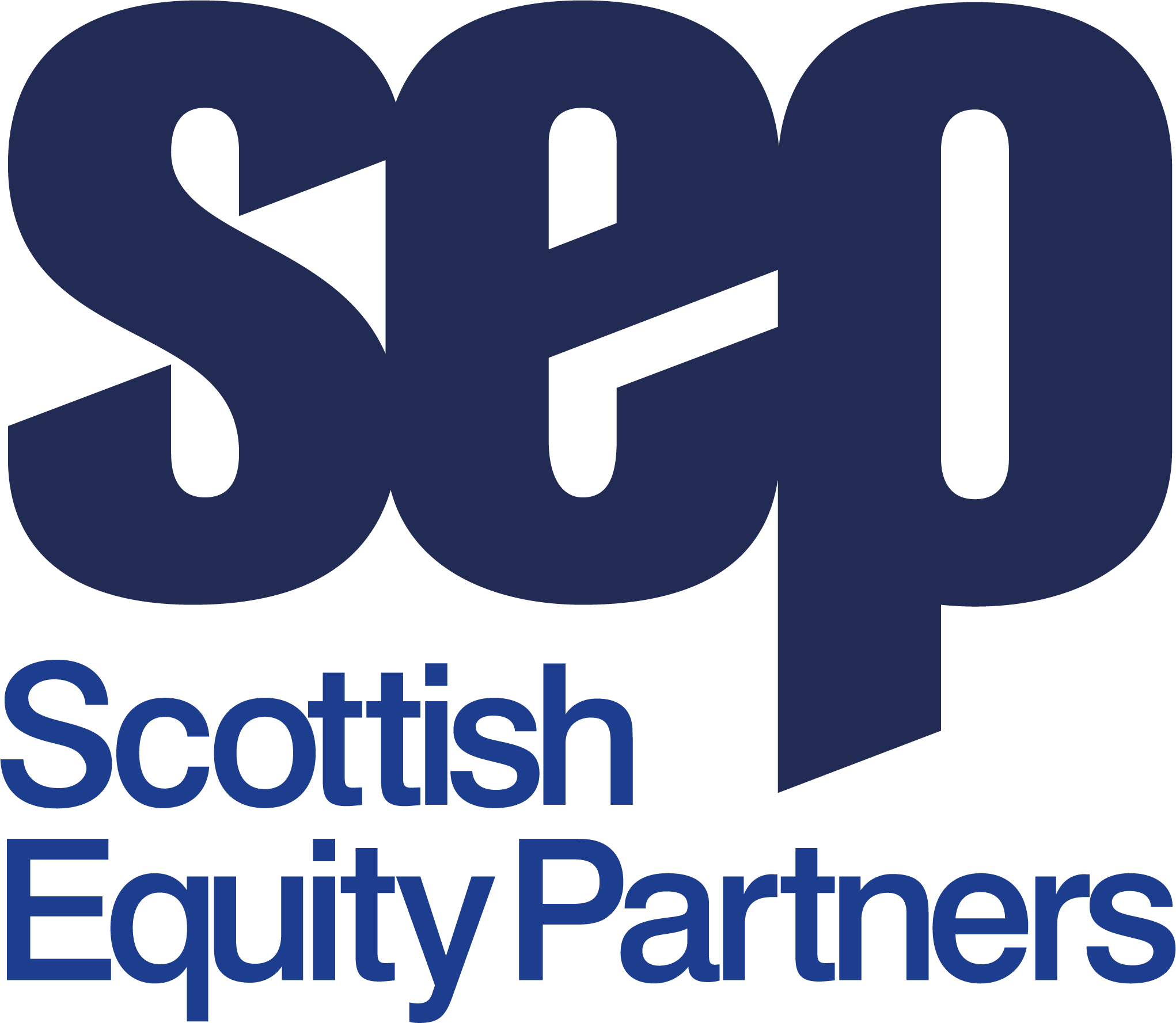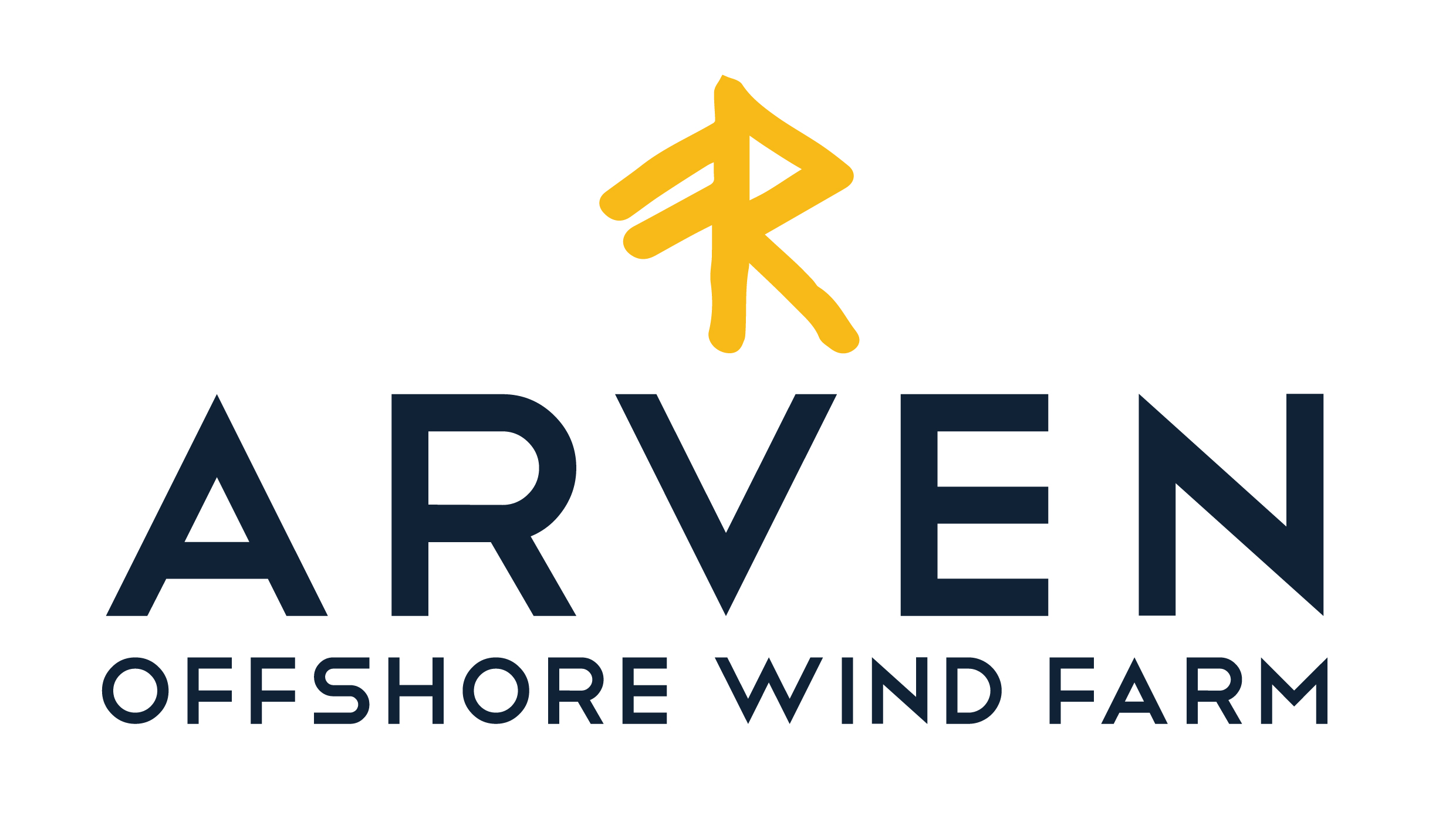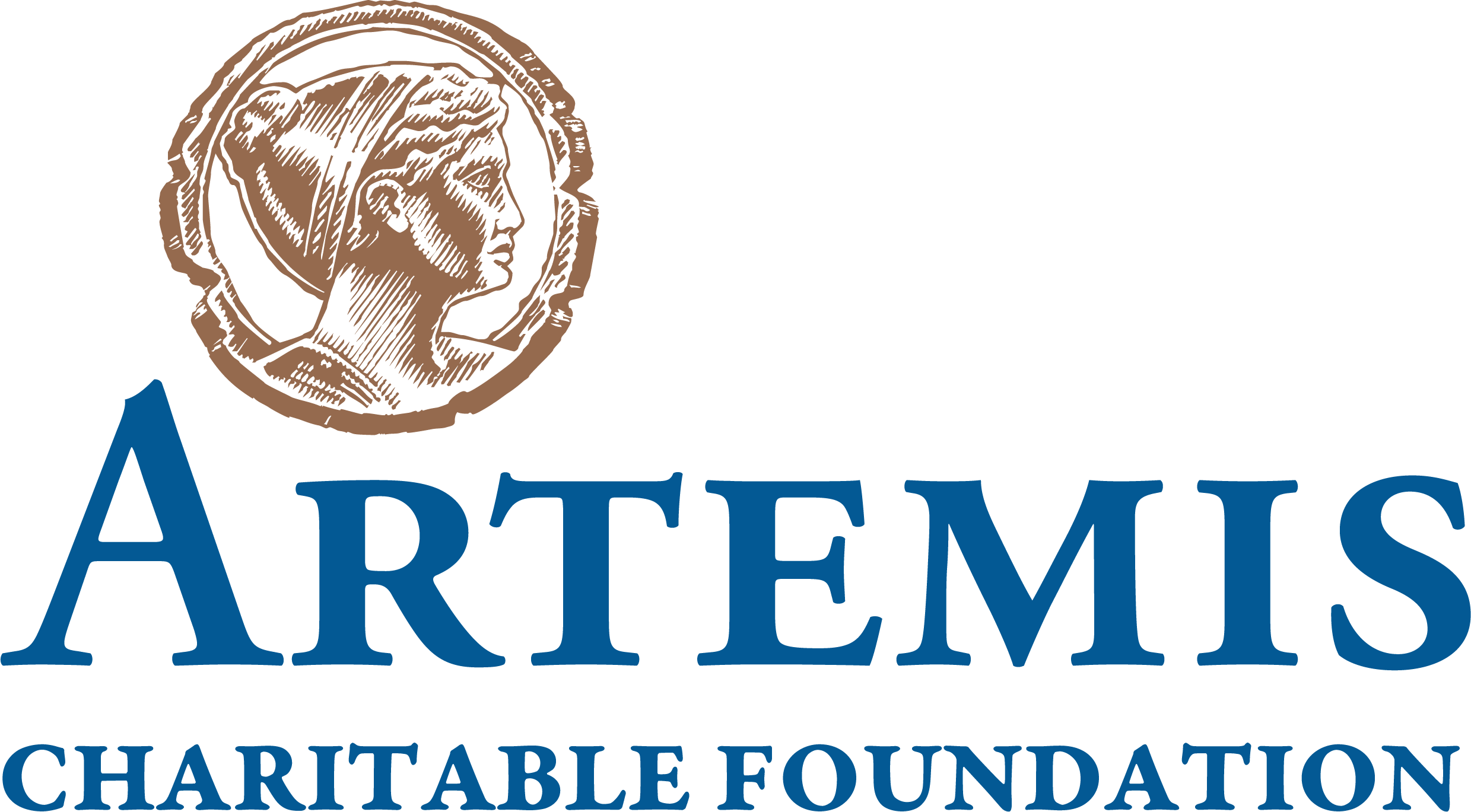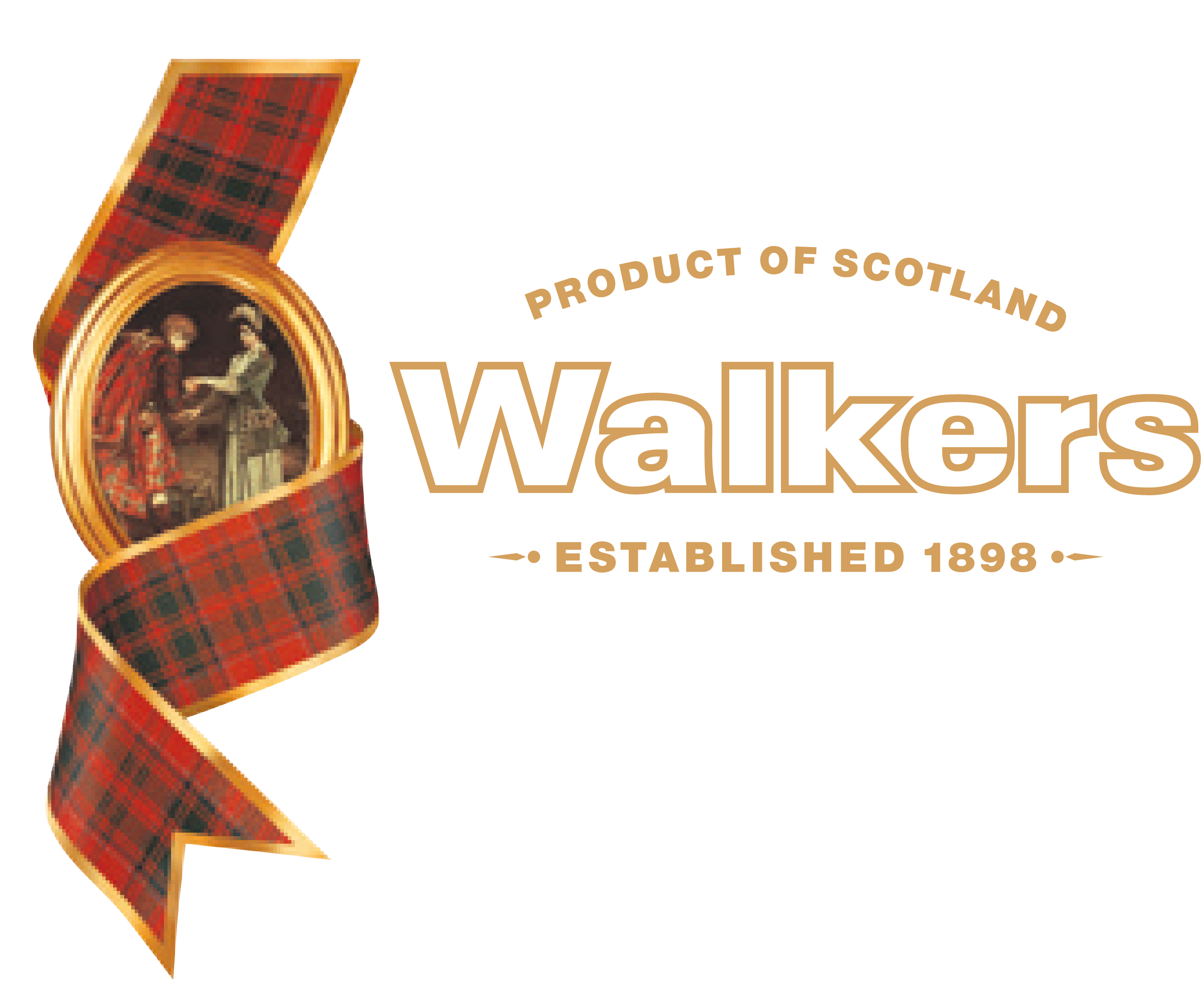Recognising achievement is integral to Curriculum for Excellence and an entitlement for all young people.
‘Achievement covers learning within curriculum areas and interdisciplinary learning, including recognition through qualifications, but it is much wider than that. It includes achievement in other areas within the life of the school and outside the school – sometimes referred to as wider achievement.’ [1]
In its March 2021 report on improving outcomes for young people through school education, Audit Scotland[2] noted that ‘An emphasis on measures of attainment in exams, while important, fails to recognise and promote broader aims of CfE and value the wider achievements of young people.’ It called for action to ‘further promote the importance of different pathways, qualifications and awards available to young people’.
Important as it is for participants and beneficiary charities, achievement through YPI is about so much more than a winning cheque. Amongst the core aims of YPI are:
- To support the development of the four capacities outlined in CfE.
- To support the acquisition and development of key employability, enterprise, and creativity skills through a hands-on experience of philanthropy which clearly aligns with aims and ambitions set out in Building the Curriculum 4 (BtC4).
YPI provides an incredible values-based learning experience for all young people involved and a fantastic opportunity to develop and apply a range of skills that will prove invaluable for life and work. Young people want these skills recognised, telling us that ‘More value needs to be attached to the skills developed through practical volunteering experience and other (non-formal learning) activities.’[3]
So, how might the skills and learning achievements developed through YPI be recognised?
I was pleased to be invited to contribute to a YPI webinar in November 2021 on ‘awards and accreditation linked to YPI’, and to be able to share some of the opportunities provided by youth awards to recognise, accredit, and celebrate achievements of young people engaged in the YPI programme. I was particularly pleased to hear from young people and their teachers providing examples of how such non-formal learning awards can further enhance the benefits of YPI participation.
As highlighted in Education Scotland’s Learning Resource on Personal Learning and Achievement,
‘Youth awards help young people develop knowledge, competences, and skills for life, and for work. They are also recognised and accepted as evidence of achievement and attainment through non-formal learning. They can complement formal learning and for some young people provide invaluable alternative learning pathways’.[4]
Award programmes developed initially to recognise learning and achievement through youth work are increasingly featuring as part of a wider school offer designed to improve engagement and to recognise and accredit achievement. New award programmes have emerged that apply a youth work approach, increasing opportunities for attainment. Of the 75 award programmes featured in the latest edition of Amazing Things[5] 33 are on the Scottish Credit and Qualifications Framework (SCQF), offering accreditation from SCQF L2 to L7. Unlike subject-based exams, they provide recognition of achievement across all four CfE Capacities, providing great scope in the context of YPI.
There are so many aspects of the YPI experience that lend themselves to recognition and accreditation and so many elements that can contribute towards award achievement that it would be impossible to list them all here. Although YPI participants work as a team, each individual may take a particular role or level of responsibility. This opens possibilities for recognition of collective and individual achievement. Here are some examples:
- Scotland’s youth volunteering Saltire Award can recognise additional hours outside the school day that participants might devote to engaging with their adopted charity and preparing their presentations. Once registered, each participant can record and gain recognition for any further volunteering they undertake, e.g. with their chosen charity or perhaps as a YPI Mentor.
- Volunteering through YPI can also count towards volunteering and citizenship elements of awards such as DofE and those of uniformed organisations outside school.
- Framework awards such as Dynamic Youth (L3) or Youth Achievement Awards (L4-7) provide design flexibility to recognise learning and skills applied through a personal project. This could include e.g., taking responsibility within a team for a specific aspect of the YPI task.
- YPI participants who develop a particular aptitude or area of interest, such as leadership, heritage, environment, sports, mental health, could work towards e.g., a SQA Leadership Award, Heritage Hero Award, John Muir Award, Sports Leaders Award, Mental Health and Wellbeing Award.
- As a values-based programme YPI can support completion of e.g., the Self in the Community unit of the SQA Personal Development Award or the Values in Action unit of the SQA Religion, Belief and Values Award.
Scotland’s refreshed curriculum narrative[6] states that ‘All establishments need to plan to offer opportunities for achievement and to provide the support and encouragement which will enable children and young people to step forward to undertake activities which they find challenging.’
Through YPI the opportunities for collective and personal challenge and achievement are wide and varied. Being aware of the range of youth awards and other wider achievement awards available will hopefully encourage more educators to ensure that all YPI participants get the recognition and accreditation their skills, endeavours, and achievements merit.”
Jim Duffy, Secretary, Awards Network.
[1] Building the Curriculum 5 a framework for assessment: Recognising achievement, profiling and reporting’ (Scottish Government 2010)
[2] Improving outcomes for young people through school education, Audit Scotland, March 2021
[3] Insight #SQAfutures (Young Scot / SQA, Oct 2018)
[4] Learning Resource 8: Personal Learning and Achievement (Education Scotland, 2019)
[5] Amazing Things5 – the guide to youth awards in Scotland (Awards Network, Sept 2021)
[6] https://scotlandscurriculum.scot/4/ – Opportunities for Personal Achievement










